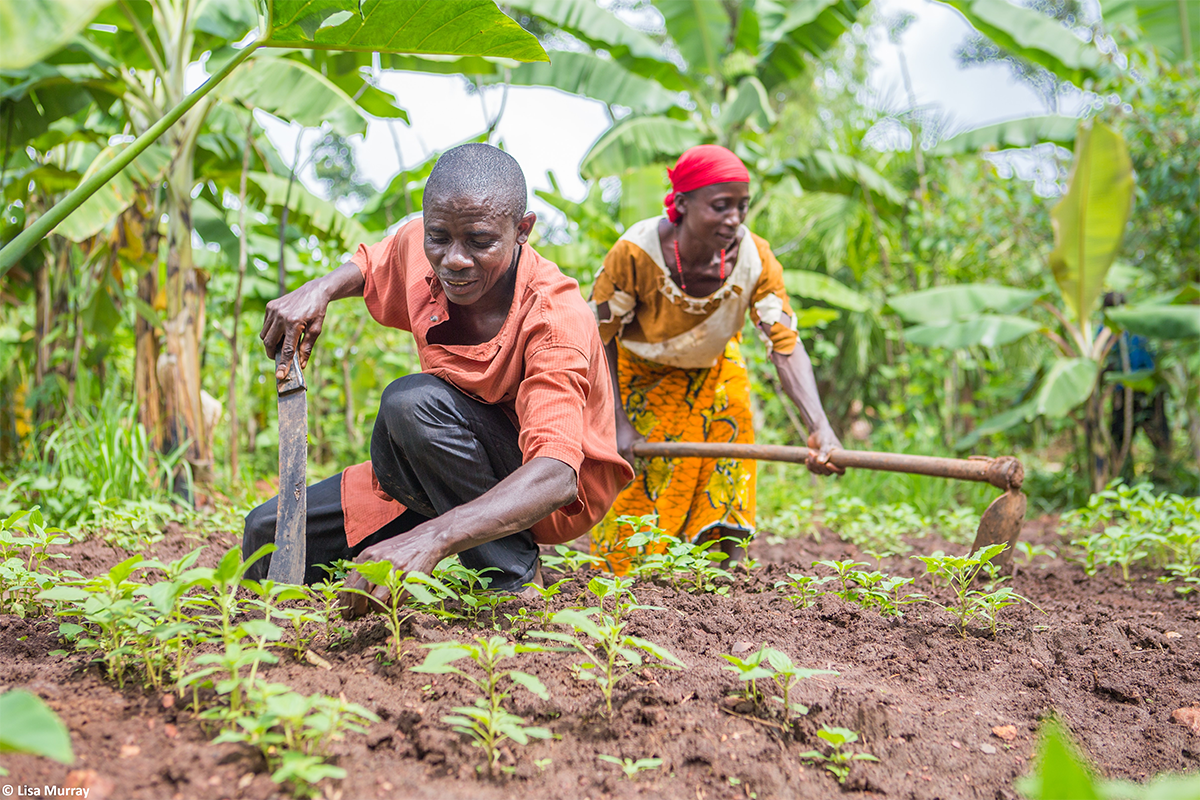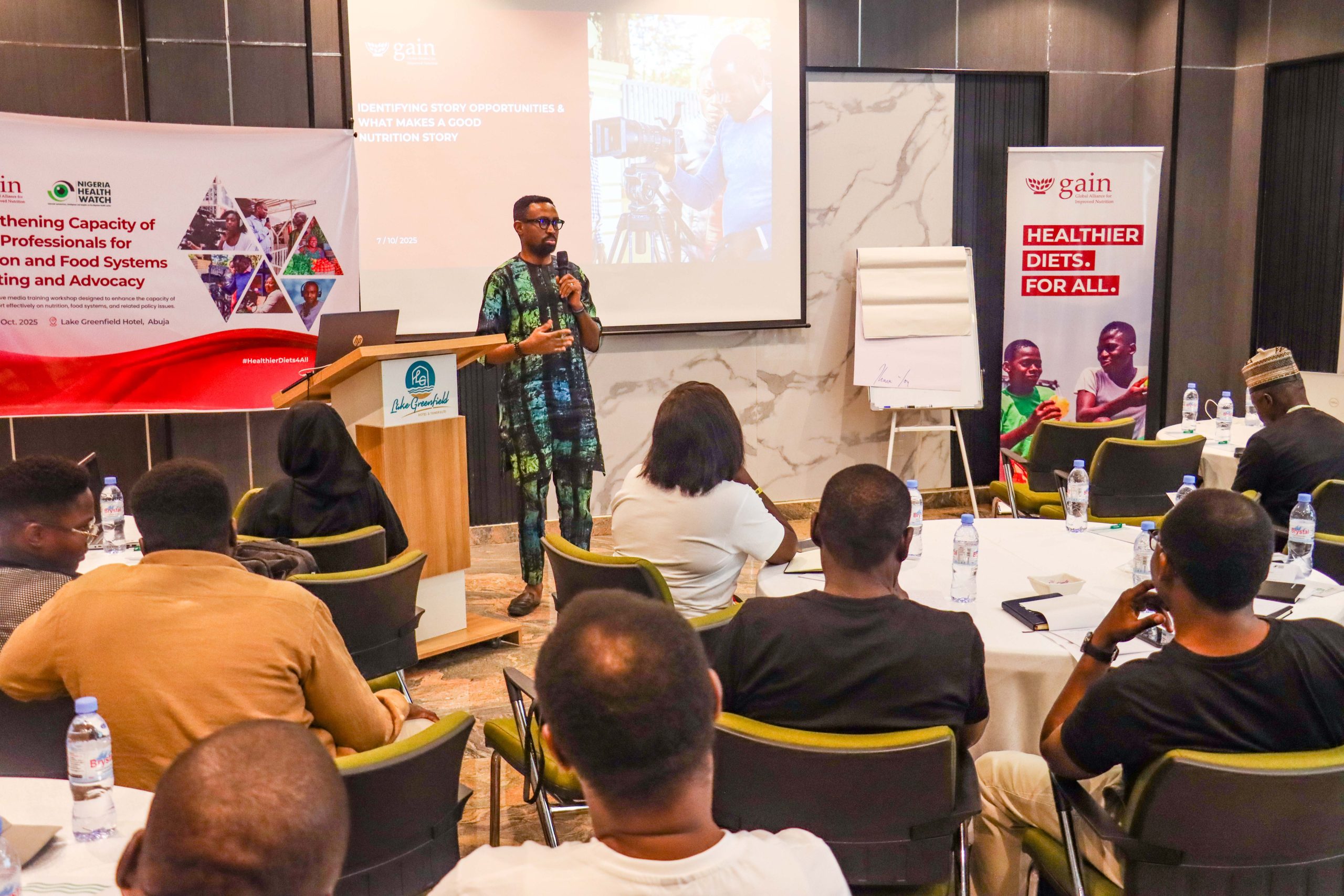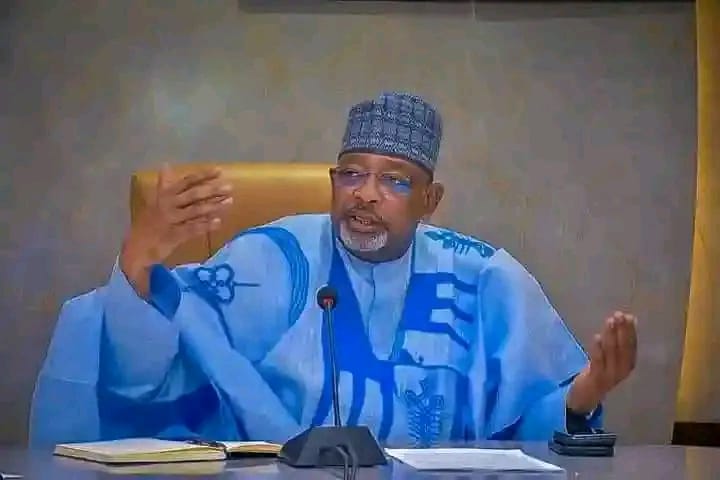Between 2020 and 2024, Nigeria experienced a severe food security crisis, which reached its peak in the mid-2024. This sharp increase in the country’s food insecurity negatively affected over 26 million people.
A Professor of Agricultural Extension and Rural Sociology, Prof. Bosede Olukemi Lawal, who raised this concern, attributed this problem to a confluence of social factors, including climate shocks such as the devastating 2022 floods, the COVID-19 pandemic, lingering insecurity, occasioned by the Boko Haram insurgency and structural economic reforms among others.
While delivering the 403rd inaugural lecture of the Obafemi Awolowo University, Ile-Ife, Osun State, at the Oduduwa Hall of the University, with the theme: “Navigating the World of Sustainable Food Security: Odyssey of a Change Enabler,” Prof. Lawal disclosed that the conditions not only disrupted food supply chains, but also led to acute malnutrition in children, with over nine million at risk and 2.6 million facing severe acute malnutrition.
She opined that sustainable food security is the continuous availability and access to adequate and nutritious food for all people, now and in the future, without compromising the ability of future generations to meet their food needs, adding that food production must be done sustainably, ensuring economic, social, and environmental sustainability.
Enumerating the role of a change enabler, she disclosed that researchers in other fields of agriculture often overlook the roles of extension professionals and concentrate on developing innovations to bring about food security and national development without recourse to extension professionals.
This, according to her, makes the best technologies to remain either confined within laboratories or on the shelves. She noted that collaboration among researchers in other agricultural disciplines with researchers in agricultural extension will enhance efficient and timely transfer of knowledge to farmers for optimal results.
Prof Lawal added that effective interaction among agricultural research scientists, extension workers and farmers is crucial for agricultural technology transfer. She also called for an effective interface among academia, industry, extension service systems and all tiers of government.
The Don pointed out that the National Electronic Extension Platform (NEEP) is a game-changing approach to accelerate Nigeria’s march towards sustainable food security by redefining agricultural support in the country through bridging the gap between research institutions and the farmers.
She however, said there is need for sufficient funding to improve the coordination of extension delivery activities to ensure NEEP truly bridges the gap between research institutions and farming communities.
According to Prof. Lawal, there is a strong need for recruitment, training and funding of extension services. The funding, she said should be extended to the local councils, considering the challenges posed by capacity and infrastructural gaps that hinder the performance of Agricultural Development Programmes (ADPs) in the southwest zone.
She also stated that youth, women and children would be more interested in farming if there is adequate infrastructure and if the drudgery of farming could be reduced to the barest minimum.
The lecture drew a high-profile audience including the Vice Chancellor, Obafemi Awolowo University, represented by the Deputy Vice Chancellor (Administration), Prof. Oluropo Akinfala, the Director, I.A.R&T., Prof. Akin Oluwatosin, distinguished academia, professional colleagues, farmers and other agricultural stakeholders.






